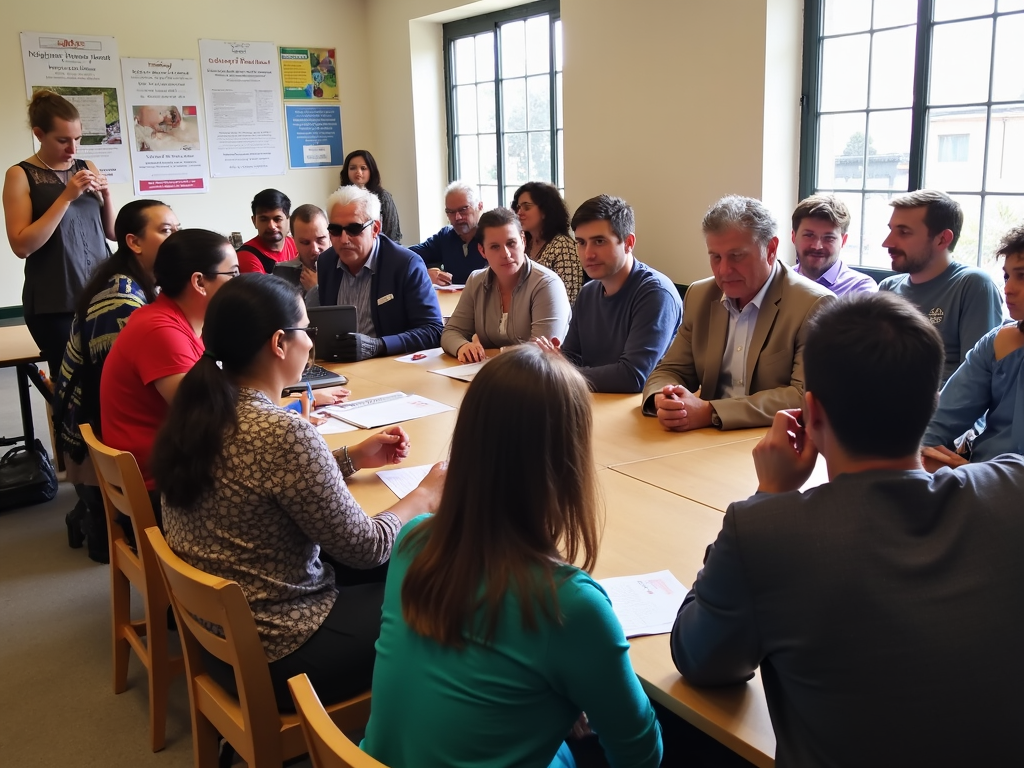How Civic Engagement Shapes Communities
By , March 13, 2025
Civic engagement is more than just a buzzword; it's the lifeblood of vibrant, resilient communities. When people actively participate in the civic life of their neighborhoods, they create a ripple effect that touches every aspect of community well-being. From cleaner parks to safer streets, from better schools to more responsive local governments, the impact of engaged citizens is profound and far-reaching.
But what exactly is civic engagement? At its core, it's about people taking an active role in the decision-making processes that affect their lives and the lives of those around them. This can take many forms, from voting in local elections to volunteering at a food bank, from attending town hall meetings to organizing a neighborhood watch program.

One powerful form of civic engagement is service learning, which combines community service with educational objectives. In service learning programs, students apply what they've learned in the classroom to real-world challenges in their communities. This not only benefits the community but also deepens the students' understanding of their studies and fosters a sense of civic responsibility.
For example, a group of high school students might partner with a local environmental organization to study water quality in nearby streams. They would learn about ecology and chemistry in class, then apply that knowledge by collecting and analyzing water samples. The data they gather could then be used to advocate for cleaner waterways, demonstrating the tangible impact of their engagement.
Volunteering is another crucial aspect of civic engagement. Volunteers are the unsung heroes of community development, dedicating their time and skills to causes they care about. Whether it's tutoring children, serving meals at a homeless shelter, or planting trees in a local park, volunteers make a significant difference in the lives of others.

The impact of civic engagement on communities is multifaceted. Engaged citizens are more likely to vote, which leads to more representative and responsive local governments. They are also more likely to participate in community organizations, which can address local issues more effectively than government alone.
Moreover, civic engagement fosters social cohesion. When people work together towards common goals, they build relationships and trust, creating a stronger sense of community. This social capital can be invaluable in times of crisis, as communities with high levels of civic engagement are better equipped to respond to challenges like natural disasters or economic downturns.
However, fostering civic engagement isn't always easy. Many communities face challenges such as apathy, lack of awareness, or barriers to participation. Overcoming these obstacles requires concerted efforts from community leaders, educators, and citizens themselves.
One effective strategy is to make civic engagement more accessible and appealing. This could involve creating more opportunities for involvement, providing education about the importance of civic participation, or recognizing and celebrating the contributions of engaged citizens.

In conclusion, civic engagement is not just a civic duty; it's a powerful tool for shaping and strengthening our communities. By actively participating in the life of our neighborhoods, we can create positive change, build stronger relationships, and ensure that our communities are places where everyone can thrive.